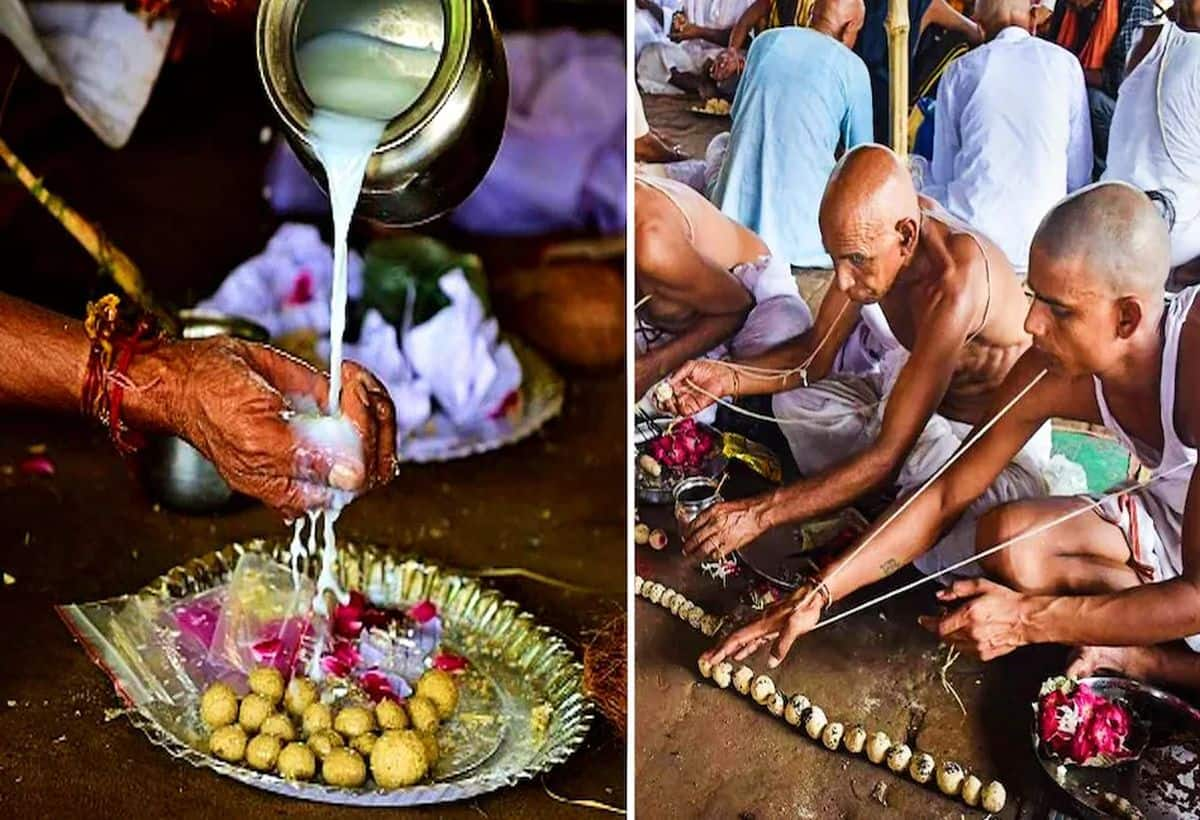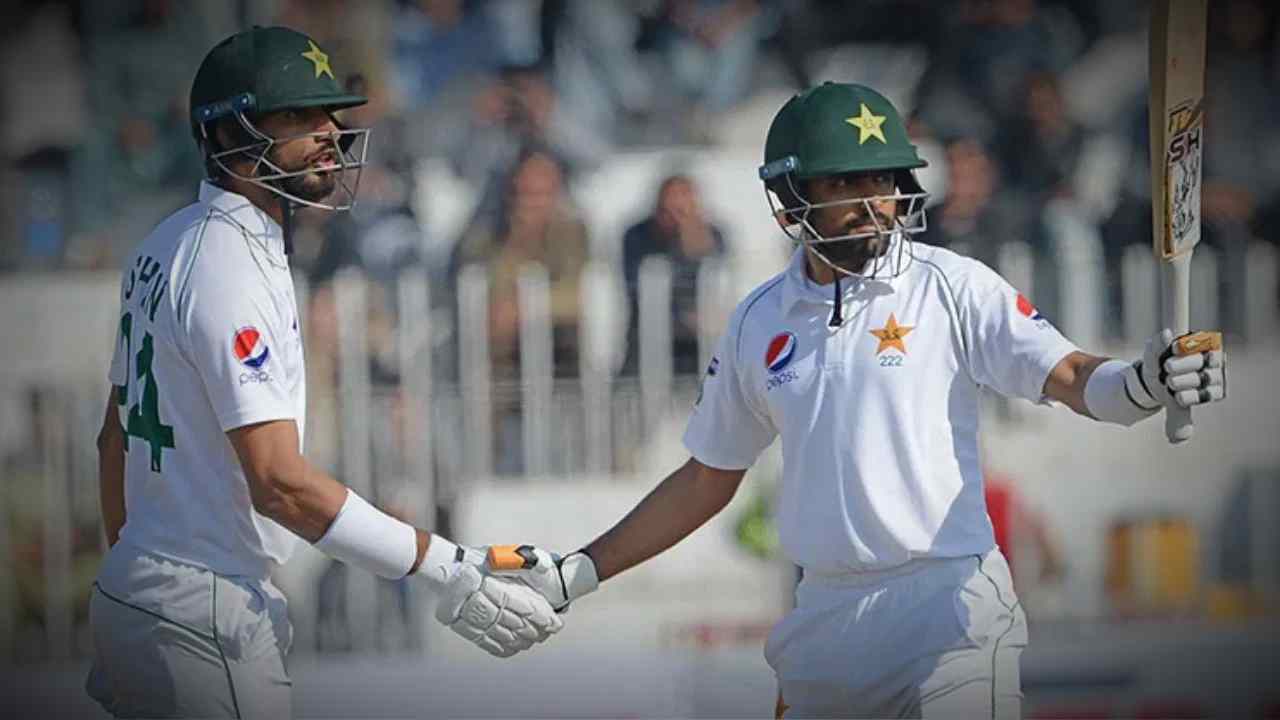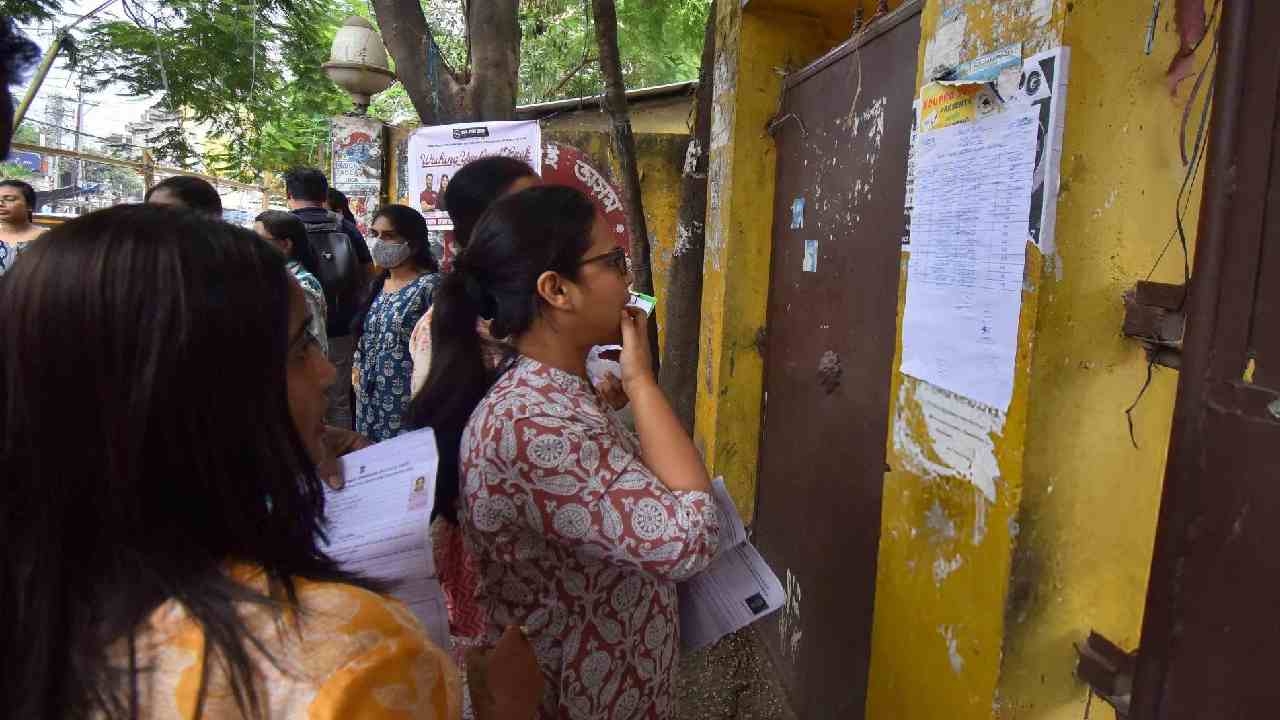Understanding Pitru Paksha: Significance and Rituals
Pitru Paksha, also known as Shradh, is a sacred period in Hindu tradition dedicated to honoring and paying respects to one’s ancestors. This 16-day phase is crucial for performing rituals like tarpan, which are believed to facilitate the salvation of the departed souls. In 2024, Pitru Paksha begins on September 17 and concludes on October 2. The observance of these rituals during this time is not only a mark of respect but is also believed to bring blessings and prosperity to the living descendants.
Consequences of Neglecting Shradh Rituals
Failing to perform Shradh during Pitru Paksha can lead to various challenges and difficulties in one’s life, as outlined in ancient texts like the Garuda Purana. Believers assert that neglecting these rituals may result in dissatisfaction among the ancestors, potentially hindering personal and familial progress.
Who Are Our Ancestors?
According to the Garuda Purana, ancestors, or ‘Pitrs,’ are those who have departed from the earthly realm after fulfilling their life’s journey. After their departure, they are believed to reside in a realm called Pitriloka, overseen by Aryama, the ruler of this spiritual domain, while Yamraj acts as the judge of the deeds conducted during their lifetime. Ancestors are categorized into two groups: Divya Pitr, who determine the fate of living beings based on their actions, and Manav Pitr.
Understanding Pitra Dosh
Pitra Dosh arises when Shradh rituals are overlooked. Dissatisfaction from the ancestors is thought to manifest in various troubles for their descendants. Families that neglect these rituals may experience a lack of virtuous blessings such as healthy and courageous offspring, and they might find auspicious events seldom materializing. Moreover, individuals who ignore performing Shradh can face baseless accusations and societal disrespect, leading to lifelong challenges.
The Impact on Progeny
The consequences of not performing Shradh rituals extend into future generations. It is believed that children might inherit difficulties related to health and fortune due to the neglect of ancestral rites. Some even attribute congenital diseases to the absence of proper Shradh practices.
Conclusion
Pitru Paksha is more than just a tradition; it is a vital aspect of honoring the legacy of our ancestors. The rituals performed during this time are believed to ensure not only the peace of departed souls but also to safeguard the well-being and success of the living. Therefore, it is essential to engage sincerely with these rites to foster harmony and prosperity within families.
Disclaimer: The information provided here is for educational purposes based on cultural beliefs. Individual experiences may vary, and it is recommended to seek guidance from knowledgeable experts when engaging in traditional practices.












